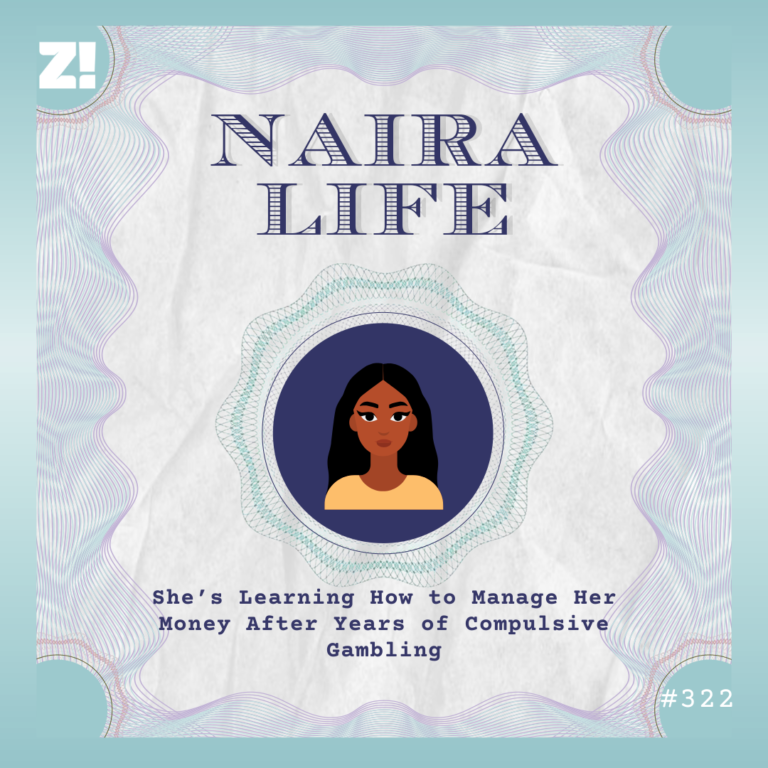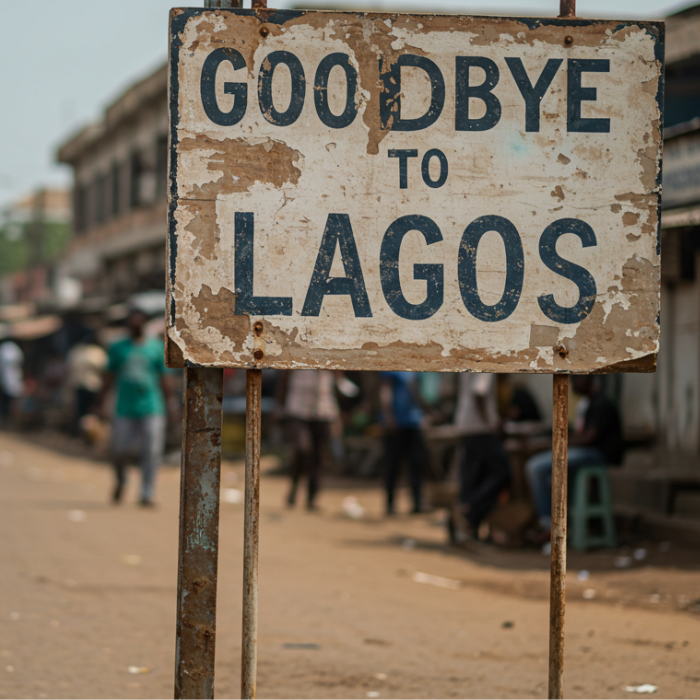What’s it like navigating a marriage in which you have to endure disapproval from your spouse’s family — especially in a family-centred society like ours? That’s been Ese’s* reality for the last ten years.
She talks about enduring hate from her in-laws, believing her previous miscarriages are linked to spiritual attacks and how she navigates her situation.
As told to Boluwatife
Image by Freepik
There’s a saying popular among Nigerians: “You don’t marry the man, you marry his family”. It means that family approval, specifically from the in-laws, is necessary for a marriage to work.
I didn’t have the approval of my husband, Yinka’s family when we got married in 2014, but I didn’t think it would be a big deal. After all, Yinka* loved me and insisted we didn’t need his family to be happy together.
Funny enough, I’d known Yinka’s family long before we got married. My mum and Yinka’s mum were friends. My mum sold women’s shoes and Yinka’s mum was her good customer. As a teacher, she was always buying shoes.
I used to help my mum at her shop whenever I was home from school, and it sometimes meant following her to drop shoes at her customers’ houses. That was how I first met Yinka. I was 12 years old, he was 14, and he was my first crush. I remember drawing his name on my hand with a biro and scrubbing it off immediately after so my dad wouldn’t catch me.
But Yinka and I didn’t become friends until four years later when I resumed at the same university he attended. My mum had told his mum about my uni admission and both mums decided he should help me secure off-campus accommodation since he knew the area better.
I still liked him, and it looked like he liked me too. We hung out regularly. By my third year in school, we officially started dating. He graduated some months after we started our relationship, and it was at his graduation party that his mum figured out we were dating.
His mum had brought coolers of party rice — normal for university graduation ceremonies — and I was running up and down helping to share the rice and take pictures. She knew me, of course. But she realised my running up and down was more than friendship. She called Yinka that night to ask if we were dating, and he said yes. Her response was, “Omo Igbo? Why?” I’m not even Igbo, but I guess it means we’re all the same to her.
Yinka thought she was joking and laughed it off. She also didn’t pursue the issue. I guess she thought it was just a fling. But she realised he was serious when he took me to visit her “officially” a year later in 2011. That’s when the problem started.
The thing is, Yinka is the last born of five children. Plus, he’s the only boy and his dad died when he was a baby. His mum had it tough raising them, and for some reason, she thought his marrying from another tribe — specifically Igbo — meant she wouldn’t “eat the fruits of her labours”. According to her, Igbo women only know how to eat their husband’s money, lack respect and also won’t let the man’s family come close.
Of course, I didn’t know these were her reasons then. I know now because I’ve heard it repeated to me several times.
She had a bold frown on her face all through that first visit. This was the same person who used to dash me money as a teenager. After Yinka and I left, she called him on the phone and told him to end the relationship. He told me about it, and I innocently thought I just needed to show her how hardworking I was.
I decided I’d start visiting her every weekend to help her out with chores. The second time I visited, she asked me if I didn’t have anything to do for my mother at my own house. No one had to tell me to stop going.
His sisters also snubbed all my attempts to be close to them. I’d call, send birthday text messages and even visit to help out during major events, but it was obvious they didn’t like me. Even then, I didn’t think the disapproval was serious. My parents liked Yinka and our mums still talked.
In 2013, Yinka proposed.
The night of the proposal, his mum called mine and told her there was no way the marriage would happen. It turned into a shouting match, and my mum called me that same night to return the ring. That night was so dramatic. How many women have you heard say they cried all through on the day of their proposal?
Yinka had to take the issue to his mum’s pastor. The man spoke to her and told us to go ahead with the wedding planning. Yinka’s mum respected her pastor and kept quiet. My parents were another matter. They didn’t understand why I wanted to die there when the man’s family didn’t want me.
In the end, the wedding happened because I got pregnant. Me, my mum and husband, kept it from my dad because he would’ve never allowed the wedding to happen.
My husband’s immediate family didn’t attend the traditional wedding in my village. It was his uncle and some people from church who attended. On the white wedding day, my mother-in-law brought her own live band and divided the reception hall into two. Our DJ was playing music on one side, and her live band was playing on the other side. The DJ had to just take the cue and stop the music. Yinka’s sisters and mum also refused to dance with us when it was time for the husband’s family to dance with the couple. Instead, they went to dance in front of the live band as their friends sprayed them with money.
Yinka just kept telling me to “calm down. They’ve done their worst.”
I should thank my in-laws for drawing me closer to God because these people started attacking me two days after the wedding. I had a dream where one of Yinka’s sisters hit me with a cane. I woke up with a stomach ache and had a miscarriage three days later.
I thought it was a coincidence, but I had three more miscarriages over the next three years, and they always happened after a dream where I’d see someone in Yinka’s family. When I noticed the pattern after the third miscarriage, I told my mum and we started visiting pastors and attending prayers. I prayed o. Almost every weekend, I was at one church or the other for a vigil or deliverance session.
I have two children now, and both times, I fasted almost all through the first three months of pregnancy. I also didn’t tell Yinka until the third month because I didn’t want him to tell his family. He didn’t even know the spiritual battle I was facing. I only told him about the first dream. His response was, “Are you saying my sister is a witch?” So, I just focused on winning the battle in prayers.
I still see his family members in my dreams sometimes, but I always give it to them hot hot. I don’t joke with my prayers.
We moved to a different state in 2019 and now only see them during family occasions where they give me weird looks and taunting words. Me, I just mind myself.
I also don’t report them to my husband because what use is it if he starts fighting with his family? Won’t that prove their reason for hating me in the first place?
I wonder about the reason for all the attacks and hate. It’s not like Yinka is one millionaire. He’s just a civil servant, and I contribute equally to the home’s expenses. Sometimes, I even convince him to send them money so it wouldn’t be like I’m the only one “eating his money”. But I guess you can do no good in the eyes of people who are already determined to hate you.
*Names have been changed for the sake of anonymity.
NEXT READ: As a Woman, I Shouldn’t Be the Breadwinner




